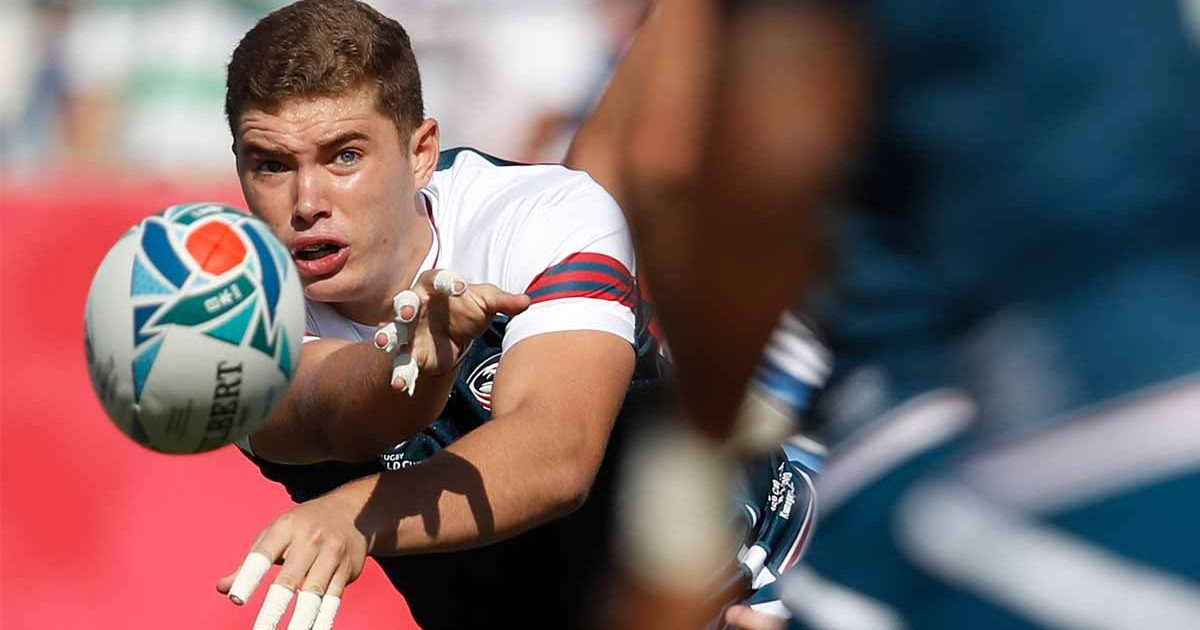Against all odds, USA book spot in RWC qualifying bout with Uruguay

Heading into their two-match series with Canada to determine who would have the more manageable road to World Cup qualification, USA were heavy favourites.
While Canada had held the wool over their opposition for the formative years of their rivalry, winning 39 of their 51 matches up until 2013, the Eagles have made great progress in the last decade and taken the ‘big brother’ tag off their northern rivals to go unbeaten from 2014 until 2019.
The launch of the MLR has seen a huge increase in the number of professional players throughout America and while the rugby scene in the United States has flourished, Canada has floundered.
As such, Canada’s 34-21 victory in Newfoundland came as a huge shock – and left the USA with some big ground to make up if they wanted to face a more straightforward path to the 2023 World Cup.
They made that ground up with ease in today’s clash in Colorado, however, racing out to a 25-9 lead at halftime, and ultimately triumphing 38-16.
The Eagles scored three tries in the first half through South African-born flanker Hanco Germishuys but the highlight of the first 40 minutes was undoubtedly a 45-metre drop goal from halfback Ruben de Haas to take the score out to 28-9.
De Haas was also on hand to score USA’s first try of the second half before prop Joe Taufete’e smashed his way over from the back of a driving maul.
Canada scored the final points of the game through a penalty try, but it wasn’t enough to dampen the USA’s mood – or prevent them from taking the overall series win.
The 22-point victory means the Eagles finish the series ahead 59-50 on aggregate and will progress to playing Uruguay next month in another two-game series. The overall winner of that series will take the Americas 1 spot for Rugby World Cup 2023, dropping them in Pool A alongside New Zealand, France and Italy.
Although the United States have traditionally held the wood over Uruguay in their fixtures over the years, Uruguay won the last match between the two sides, 32-25.
Canada, meanwhile, will have to best Chile over two matches, with the winner going on to play the loser of the series between the USA and Uruguay to decide the Americas 2 qualifier.
The loser of Canada v Chile will drop out of the qualifying race altogether while the loser of the Americas 2 play-off could still progress through in the final qualifying tournament.









































































